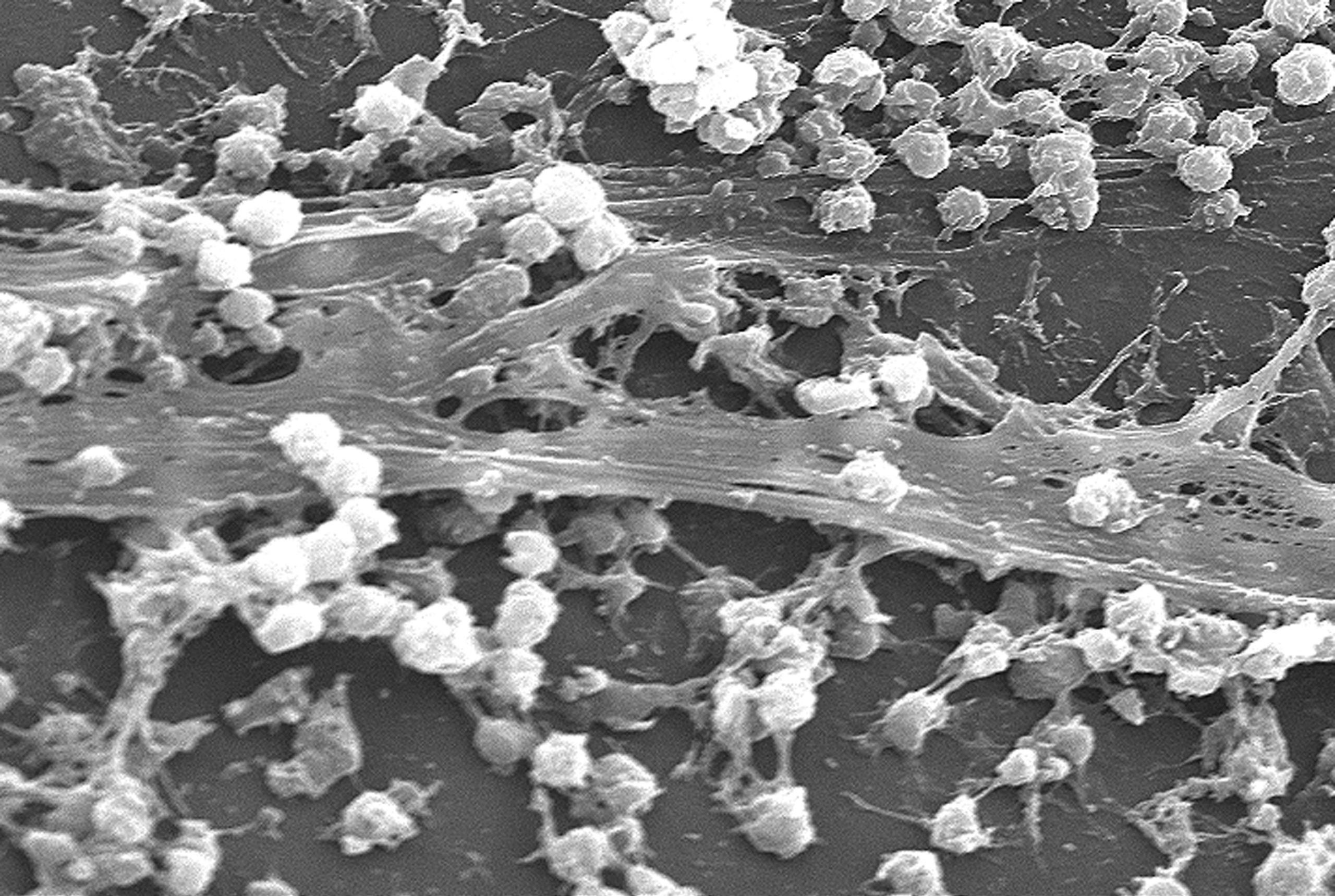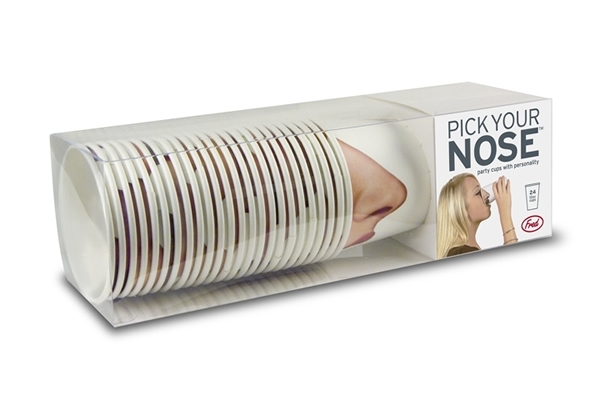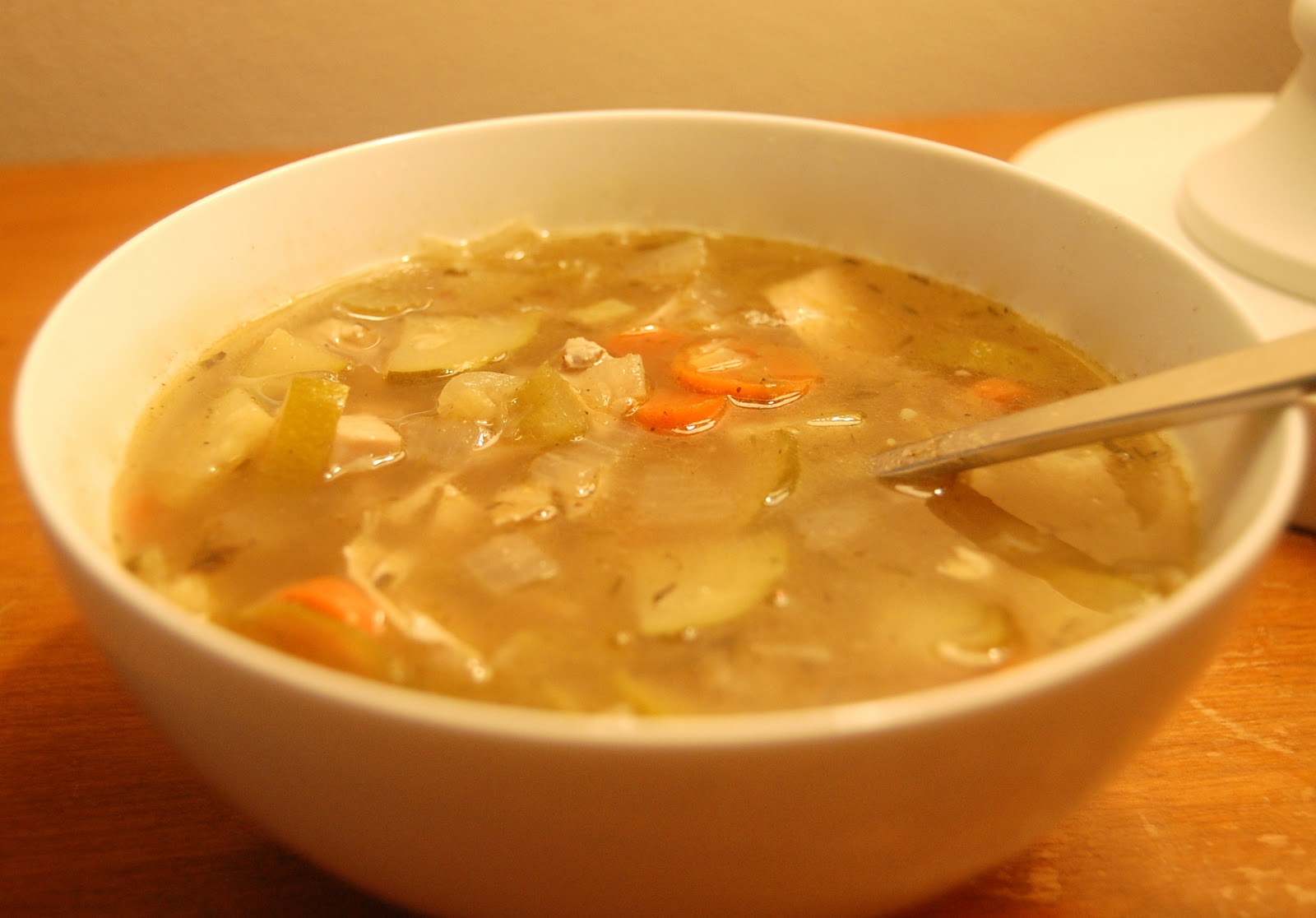There is no scientific term for boogers, even though these crusty bits of dried mucus are part of one of the body’s most efficient cleansing systems. And, despite the fact that many people are compulsive nose-pickers, we don’t really know why. Still, there are a lot of booger facts we do know — and here they are.
Myth: Boogers are just annoying bits of dirt in your nose.
Fact: Boogers are one byproduct of an incredible defence system that wards off germs and other contaminants that are trying to enter your body through a couple of convenient holes.
In the scientific literature, you won’t find many people referring to boogers (one paper does admit that dried mucus is “colloquially . . . called boogers”). It’s “dried mucus” or just “mucus.” Sinus surgeon Ralph Metson explained, “When people breathe in, especially during the winter, they’re inhaling drier air. This dries out mucus found in the front of the nose, forming a nasal crust.”
The general public may be obsessed with their boogers (we’ll get to that later), but scientists are fascinated by mucus. That’s because it is an almost magically efficient system for capturing particles that enter the nose, and flushing them out quickly. Specialised cells in your nose secrete mucus, whose “porous network structure” at the molecular level makes it ideal for trapping microscopic invaders.
Mucus is also a lubricant, which slides naturally out of your nose and sinuses thanks to gravity and tiny, hair-like protuberances on cells in your nasal lining that push the mucus along. Some researchers estimate that the mucus layer in your nose is flushed into your stomach about once every 20 minutes, which keeps your head free of toxins and other particles.
Also, just in case you were wondering, mucus is a non-Newtonian gel.
Mucus doesn’t just repel bad stuff. It can conduct particles into the nasal lining, which helps you smell things. One study showed that mucus actually alters the way the world smells to us.
So, to sum up: Without boogers, your body would have no protection against all the dangerous microbes you breathe in every day, and things would smell really weird (or wouldn’t seem to have any odor at all).

Photo by Ryan Jorgensen via Shutterstock
Myth: Boogers are full of germs, and you only have them when you are sick.
Fact: Nasal mucus is 95% water, and everyone produces a healthy amount of it every day.
In a recent textbook on otolaryngology, or the study of head and neck disorders, the authors explain that mucus contains 95% water, 3% mucin (a lubricating, conductive gel-like protein), and 2% other particles. They specify that the “proteins in nasal mucus include immunoglobulins, prealbumin, lysozyme, albumin and other unidentified proteins.” Doctors have also found that mucus can harbour “fungus balls,” which is as awful as it sounds.
Humans secrete 600-700 ml of mucus per day, mostly from cells located in the back of your nose (which may be one reason for post-nasal drip).
When you’re sick, your mucus changes. Some conditions, like asthma and cystic fibrosis, make your mucus far too sticky and viscous. And having a cold or flu will make you secrete far more mucus than usual. When your body’s immune system is working hard to expel bacteria or viruses, you’ll often get a thick yellow or white mucus because it’s full of dead white blood cells. Green boogers often come at the tail end of a sickness, and usually indicate that the normal, healthy ecosystem of bacteria inside your nose is growing back.

Myth: You wouldn’t want to wipe your boogers on sensitive medical equipment.
Fact: One component of mucus, mucin, has been recommended as a cleansing agent for medical devices.
That’s right — mucin is such an amazing germ-repelling substance that researchers have considered using it as a coating on medical equipment. That’s because mucin is good at destroying biofilms, thin layers of bacteria that create toxic hazards in many hospitals as well as industrial shops. So biological engineer Katharina Ribbeck and a group of researchers at MIT suggested that mucin could be used to prevent biofilms from forming. In the nose, mucin is basically so slippery that it keeps bacteria swimming around — instead of bonding into films, they just slide all over the place and are eventually expelled from the nose (or from the surface of your sensitive equipment).

Myth: Only kids pick their noses.
Fact: Studies show that nearly 100% of adults pick their noses, often obsessively.
Scientists may have no word for the common booger, but they have a great term for nose-picking: rhinotillexomania. Technically, the term implies obsessive nose-picking, but psychologists aren’t sure what the boundary is between a typical booger retrieval pattern and full nasal rampage. What’s certain is that nose-picking is a very typical obsessive disorder, and can result in nosebleeds, infections, and even damage to the nasal cavity. In other words, it’s cool to pick your nose sometimes, but don’t do it all the time.
Myth: I am a freak for eating my boogers.
Fact: Not only do lots of people eat their boogers, but it may actually be good for you.
That’s right — it’s possible that eating your boogers may help your immune system. Which makes sense, in a way, because A) mucus is part of your body’s immune response; and B) most mucus winds up in your stomach naturally anyway. University of Saskatchewan biochemist Scott Napper has conducted studies showing that there may be health benefits to booger munching.

Myth: Drinking chicken soup helps with a stuffy nose.
Fact: Actually, it turns out that this is true.
A study conducted in Miami back in the 1970s explored whether steam from hot liquids, including chicken soup, could break up mucus and make it flow more smoothly. It’s worth quoting in full from the authors of the study, mostly because you’ve probably never seen anybody use the phrase “mucus velocity” in a sentence:
Drinking hot fluids transiently increases nasal mucus velocity in part or totally through the nasal inhalation of water vapour. Hot chicken soup, either through the aroma sensed at the posterior nares or through a mechanism related to taste, appears to possess an additional substance for increasing nasal mucus velocity.
The fact that there is a measurable medical use for chicken soup means my Jewish dad was right all along — about that, at least.
Additional research by the amazing Joseph Bennington-Castro.
Annalee Newitz is the editor-in-chief of io9. She’s also the author of Scatter, Adapt and Remember: How Humans Will Survive a Mass Extinction. Follow her on Twitter.
